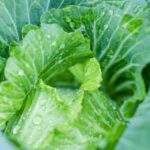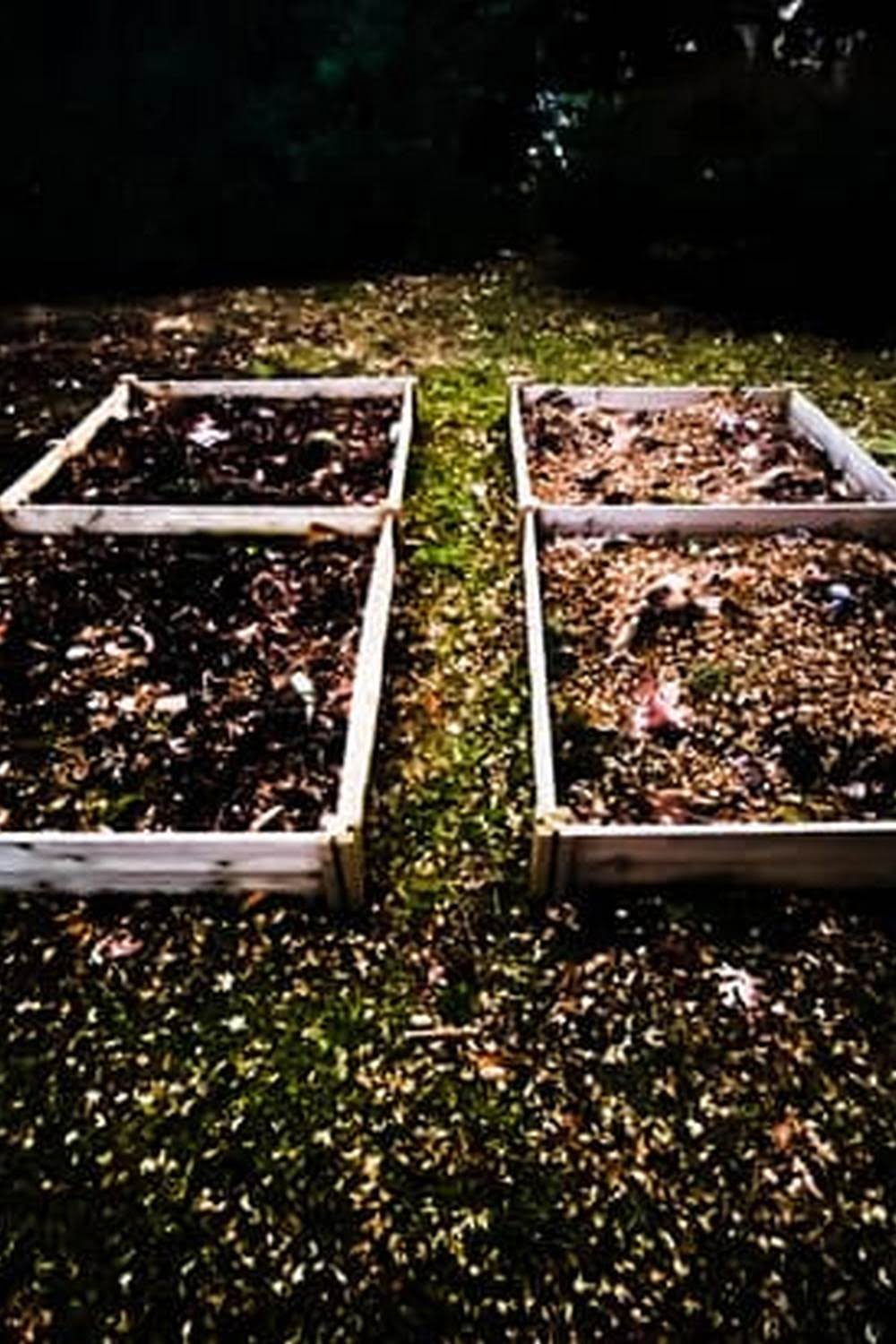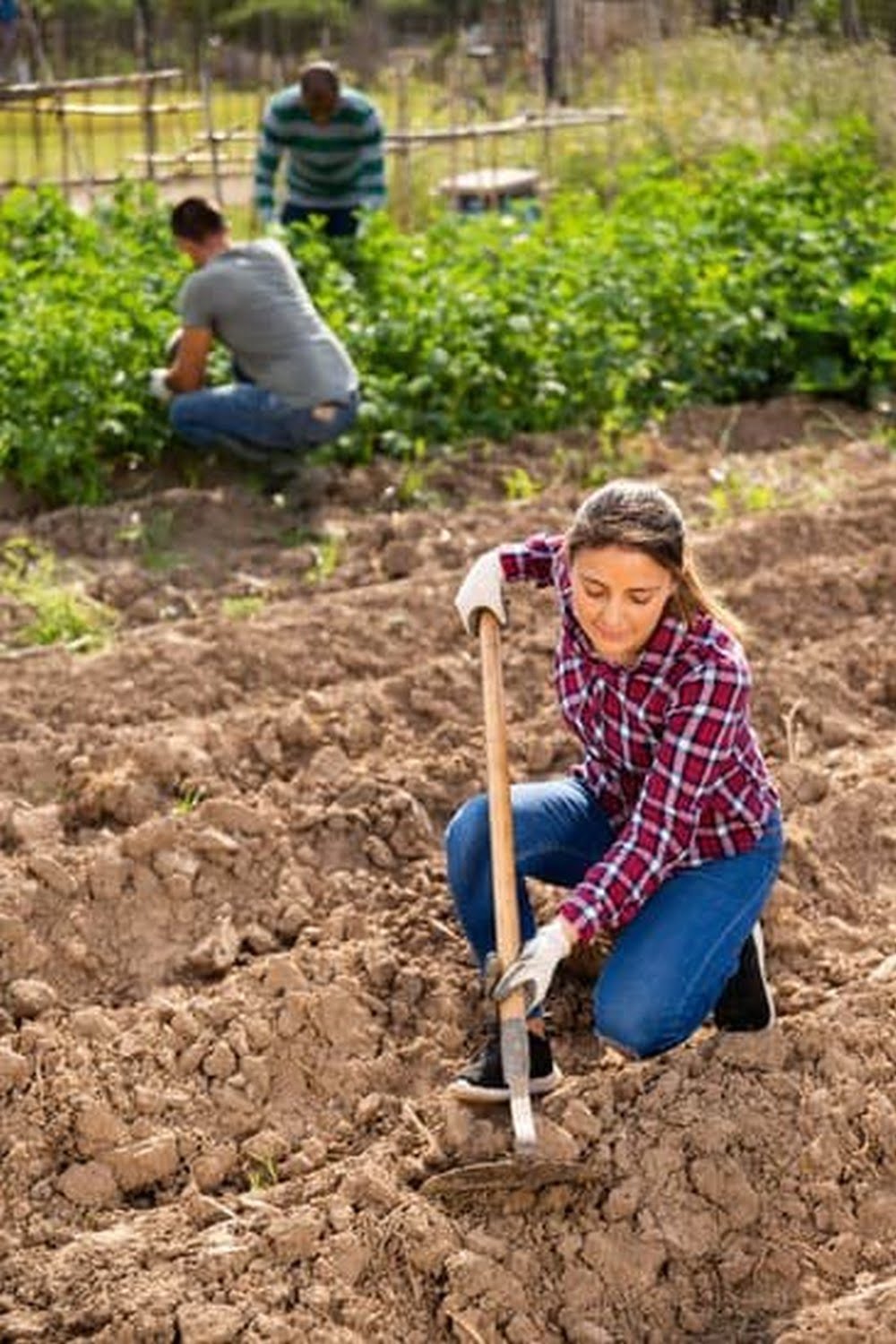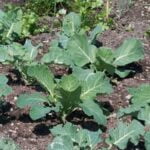What store bought manure is best for vegetable gardening? Using manure in vegetable gardening is essential for providing the soil and plants with the necessary nutrients for optimal growth. Store-bought manure offers a convenient and reliable way to enhance the quality of your garden’s soil, leading to healthier and more abundant vegetable yields.
When it comes to using store-bought manure in vegetable gardening, it’s important to understand the different types available and how they can benefit your plants. In this article, we will explore the various types of store-bought manure, their nutrient content, application methods, and best practices for successful vegetable gardening.
By understanding the benefits of using store-bought manure and how it can contribute to the overall health and productivity of your vegetable garden, you can make informed decisions about which type of manure is best suited for your specific gardening needs. Let’s delve into the world of store-bought manure and discover how it can transform your vegetable garden into a thriving oasis of fresh produce.
Types of Store-Bought Manure
In addition to cow, horse, chicken, and composted manure, gardeners have the option of using sheep, rabbit, or even bat guano. Each type has its own benefits. For example, chicken manure tends to be higher in nitrogen and composted manure offers a more balanced nutrient content. It is important for gardeners to consider the needs of their specific vegetables when choosing which type of store-bought manure to use.
When choosing store-bought manure for vegetable gardening, it is also essential to consider the age of the manure. Fresh manure can be too strong for some plants and may contain harmful pathogens that can cause illness if not properly handled. On the other hand, aged or composted manure provides a milder nutrient boost and reduces the risk of pathogen contamination.
When considering types of store-bought manure for vegetable gardening, it is important to take into account sustainability and environmental impact. Organic choices are usually preferable as they promote soil health and improve soil structure over time. Additionally, organic store-bought manures are less likely to contain harmful chemicals than synthetic options.
| Type of Store-Bought Manure | Benefits for Vegetable Gardening |
|---|---|
| Cow Manure | Rich in nutrients like nitrogen; improves soil structure |
| Horse Manure | High in organic matter; excellent for mulching |
| Chicken Manure | High in nitrogen; promotes healthy leafy growth |
| Composted Manure | Well-balanced nutrients; improves soil fertility over time |
Nutrient Content
Manure is an excellent source of nutrients that can benefit the growth and development of vegetables in a garden. Different types of store-bought manure offer varying levels of essential nutrients such as nitrogen, phosphorus, and potassium, which are crucial for plant health.
Cow manure, for example, is rich in nitrogen, making it an excellent choice for leafy green vegetables like lettuce and spinach. On the other hand, chicken manure is higher in phosphorus and potassium, making it suitable for fruiting vegetables such as tomatoes and peppers.
| Type of Manure | Nutrient Content |
|---|---|
| Cow Manure | Rich in Nitrogen |
| Horse Manure | Moderate Levels of Nitrogen, Phosphorus, and Potassium |
| Chicken Manure | High in Phosphorus and Potassium |
| Composted Manure | Varying Levels Depending on Original Source Material |
Understanding the specific nutrient content of each type of manure allows gardeners to make informed decisions about which one would be best suited for their vegetable garden. By selecting the right type of store-bought manure based on its nutrient composition, gardeners can effectively support the nutritional needs of their plants, leading to healthy growth and bountiful harvests.
Application Methods
When it comes to applying store-bought manure to vegetable gardens, it is important to follow proper instructions to ensure the best results. Here are some detailed instructions on how to properly apply manure to your vegetable garden:
- Choose the right time: The best time of year to apply store-bought manure to your vegetable garden is in the fall, after you have harvested your crops. This allows the nutrients from the manure to break down and become available to your plants by the following spring.
- Avoid over-fertilization: It’s crucial not to overdo it with manure application, as this can lead to over-fertilization and harm your plants. A general rule of thumb is to apply about 1-2 inches of composted or aged manure per year.
- Proper spreading: When applying store-bought manure, make sure to spread it evenly across your vegetable garden using a rake or shovel. Avoid clumps of manure, as these can create hot spots of nutrients that may overwhelm certain plants.
Following these instructions will help ensure that your vegetables receive the right amount of nutrients from store-bought manure without causing any harm due to over-fertilization. By timing the application correctly and spreading the manure evenly, you can promote healthy growth and development in your vegetable garden.
Remember that every step in applying store-bought manure is done with purpose – from choosing the right season for application, avoiding over-fertilization, and ensuring proper spread – all contribute significantly towards successful vegetable gardening when using manure.
Organic vs Synthetic Manure
When it comes to choosing the best store-bought manure for vegetable gardening, one of the key decisions to make is whether to use organic or synthetic manure. Organic store-bought manure is derived from natural sources such as composted animal waste, while synthetic manure is artificially produced using chemical fertilizers. Both options have their own set of benefits and potential risks for vegetable gardening.
Organic store-bought manure offers numerous benefits for vegetable gardening. It is rich in essential nutrients such as nitrogen, phosphorus, and potassium, which are vital for the growth and development of vegetables. Additionally, organic manure improves soil structure, enhances moisture retention, and promotes beneficial microorganisms in the soil. These factors contribute to healthy plant growth and high-quality yields in vegetable gardens.
On the other hand, synthetic manure also has its advantages. It typically contains higher concentrations of specific nutrients compared to organic options, making it a more targeted fertilizer for addressing specific nutrient deficiencies in the soil. However, there are potential risks associated with synthetic manure, including the leaching of harmful chemicals into the soil and water sources. Overuse of synthetic fertilizers can also lead to imbalanced nutrient levels in the soil, negatively impacting plant health and overall soil quality.
In summary, when deciding between organic and synthetic store-bought manure for vegetable gardening, it is important to consider the unique benefits and potential risks associated with each option. While organic manure promotes overall soil health and sustainability, synthetic manure may provide immediate targeted nutrition but comes with potential environmental consequences. Gardeners should carefully weigh these factors when selecting the best store-bought manure for their vegetable gardens.
Best Practices for Using Store-Bought Manure
When it comes to using store-bought manure in vegetable gardening, there are some best practices that can ensure successful growth and development of your plants. Proper storage and handling of manure is crucial to avoid any potential risks and to maximize its benefits for your vegetable garden.
Proper Storage
First and foremost, it is important to store store-bought manure properly to maintain its nutrient content and prevent the growth of harmful bacteria. Manure should be stored in a covered, well-ventilated area to avoid moisture buildup and odors. It’s also advisable to keep it away from direct sunlight to prevent the loss of nutrients due to exposure.
Handling Practices
When handling store-bought manure, it’s important to wear gloves and other protective gear, as some types of manure may contain pathogens that can be harmful if they come into contact with your skin. Additionally, make sure to wash your hands thoroughly after handling manure. It’s also a good practice to avoid inhaling dust particles that may arise when working with dry manure.
Application Techniques
When applying store-bought manure to your vegetable garden, it’s important not to overdo it. Too much manure can lead to over-fertilization, which can damage your plants rather than benefit them. Follow the instructions on the packaging for the recommended amount of manure per square foot or per plant. Additionally, mix the manure into the soil thoroughly before planting or apply as a top dressing around established plants.
By following these best practices for using store-bought manure in your vegetable garden, you can ensure that you are providing the necessary nutrients for healthy plant growth while minimizing any potential risks associated with handling and applying manure. With proper storage, handling, and application techniques, store-bought manure can be a valuable asset in your gardening endeavors.
Conclusion
In conclusion, the choice of store-bought manure for vegetable gardening plays a crucial role in the overall success of your garden. As discussed, different types of manure offer varying benefits to the soil and plants, with cow, horse, chicken, and composted manure being some of the most popular options available.
The nutrient content of each type of manure also greatly influences the growth and development of vegetables, making it important to carefully consider which option is best suited for your garden’s needs.
Furthermore, the proper application methods and best practices for using store-bought manure are essential to ensure that your vegetables receive the necessary nutrients without risking over-fertilization. It is also important to highlight the advantages of using organic store-bought manure over synthetic options, as organic manure offers more natural and sustainable benefits to the soil and plants.
Ultimately, by understanding the importance of using the best store-bought manure for vegetable gardening and following the tips and guidelines provided in this article, you can create a thriving and bountiful garden. Making informed decisions about which type of store-bought manure to use based on its nutrient content, application methods, and best practices will contribute to successful vegetable gardening and healthy plant growth.
Therefore, taking the time to select the right store-bought manure for your garden is an investment in its long-term health and productivity.
Frequently Asked Questions
Is Bagged Manure Safe for Vegetable Gardens?
Bagged manure can be safe for vegetable gardens as long as it has been properly composted and is free from any harmful pathogens. Look for bagged manure that is labeled as “composted” to ensure that it has undergone the necessary treatment to make it safe for use in your garden.
Is Store Bought Manure Composted?
Not all store-bought manure is necessarily composted. Some may still contain raw or untreated manure, which can pose a risk of introducing harmful bacteria into your garden. It’s important to read the labels carefully and look for products that are specifically labeled as “composted” or “treated” to ensure safety for your vegetable garden.
Is Chicken or Cow Manure Better for Vegetable Garden?
Both chicken and cow manure can be beneficial for a vegetable garden, but they have different nutrient profiles. Chicken manure tends to be higher in nitrogen, while cow manure has a more balanced blend of nutrients.
The best option may depend on the specific needs of your soil and plants. Consider having your soil tested to determine which type of manure would be more suitable for optimizing the health and yield of your vegetables.

If you’re looking to get into vegetable gardening, or are just looking for some tips on how to make your current garden better, then you’ve come to the right place! My name is Ethel and I have been gardening for years. In this blog, I’m going to share with you some of my best tips on how to create a successful vegetable garden.





